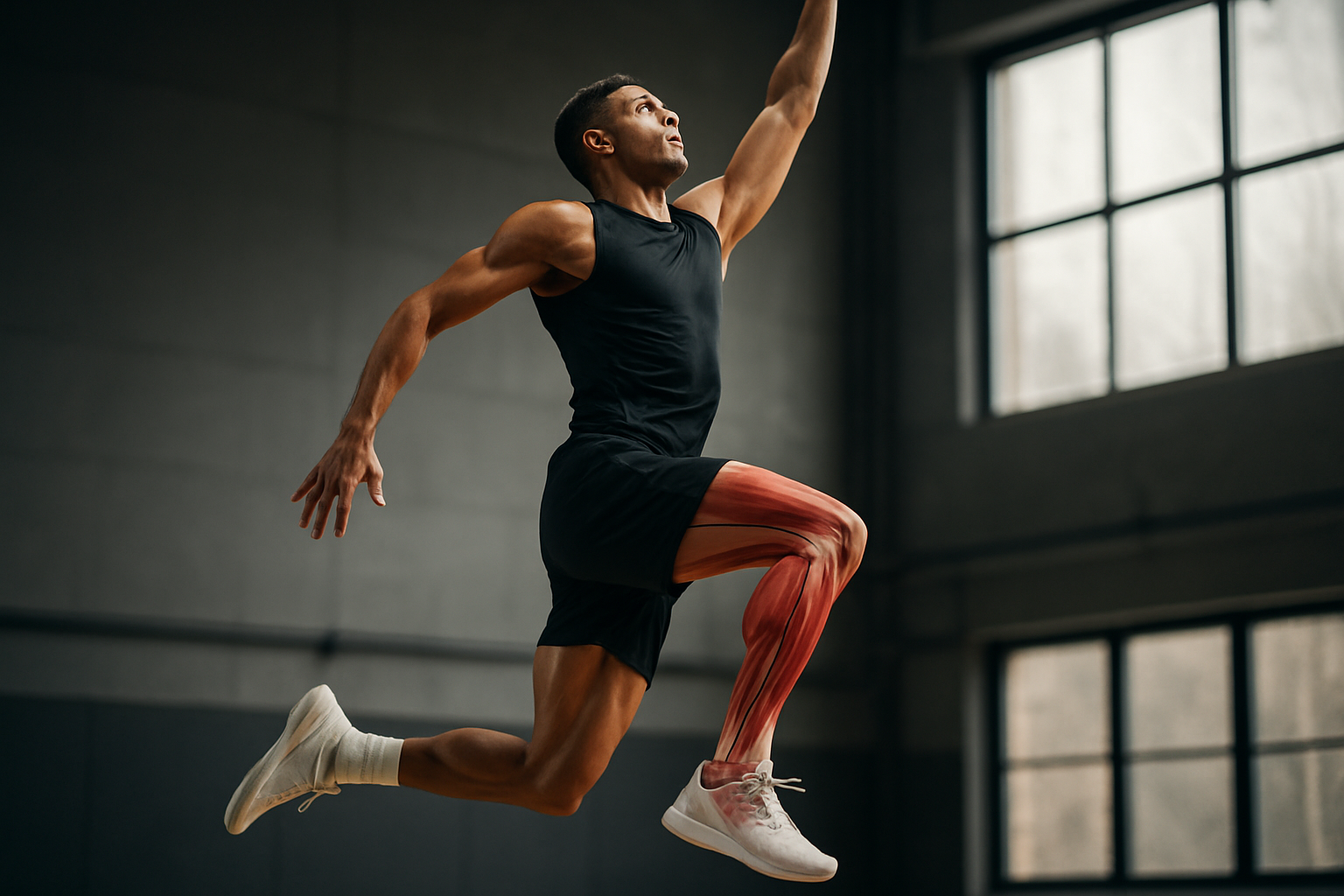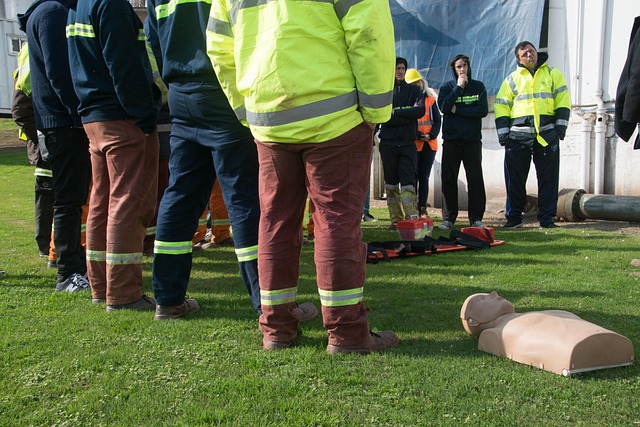Building Mental Resilience into Regular Training
Mental resilience is a trainable attribute that helps athletes and teams manage pressure, setbacks, and long-term development. Integrating resilience into regular sessions requires deliberate coaching choices, practical psychology techniques, and systems that align conditioning, recovery, and planning. This article outlines strategies and clear practices to embed mental skills into everyday training for sustained performance.

Building Mental Resilience into Regular Training
Coaches and athletes often treat mental resilience as an add-on rather than an integral part of preparation. Embedding resilience into regular training means creating consistent opportunities to practice coping strategies, decision-making under stress, and recovery habits alongside physical conditioning and skill work. When resilience is planned, mental skills become as routine as warm-ups, improving performance, reducing burnout, and supporting long-term athlete development.
How can coaching foster mental resilience?
Coaching choices set the tone for resilient behavior. Clear, consistent feedback and structured challenge-reward cycles encourage athletes to view setbacks as learning moments rather than failures. Coaches can model growth-oriented language, design progressive drills that expose athletes to controlled stress, and emphasize ownership by involving athletes in goal-setting and planning. Group norms that value persistence and curiosity also strengthen teamwork and create a community where resilience is reinforced daily.
How to integrate mental work into regular training?
Integrating mental skills into training sessions requires small, repeatable practices. Begin sessions with brief breathing or attention exercises, use pressure games in technical drills, and include reflection segments where athletes note one adaptation after a mistake. Conditioning blocks can simulate fatigue and cognitive load to train decision-making under stress. Regularly scheduled micro-sessions on visualization and rehearsal help athletes rehearse coping strategies before competition situations.
What psychology techniques support resilience?
Evidence-based techniques include goal-setting, self-talk, imagery, and cognitive reframing. Encourage athletes to set process-oriented goals focused on controllable actions rather than outcomes. Teach structured self-talk frameworks to manage arousal and attention, and use imagery to rehearse responses to setbacks. Cognitive reframing exercises can help athletes reinterpret challenges as opportunities, while acceptance-based approaches reduce maladaptive avoidance and preserve focus under pressure.
How do recovery, nutrition, and rehabilitation contribute?
Physical recovery and mental resilience are tightly linked. Adequate sleep, balanced nutrition, and planned recovery sessions support mood regulation and cognitive function, making it easier to apply coping strategies in training. Rehabilitation for injury should include psychological support to address identity shifts and motivation. Integrating mobility work, paced conditioning, and recovery planning into weekly schedules reduces stress accumulation and enables consistent practice of resilience skills alongside physical rebuilding.
How can analytics and planning measure resilience?
Analytics can track behavioral and performance indicators that reflect resilience. Use metrics such as error recovery rate, decision time under fatigue, adherence to training plans, and variability in performance to identify trends. Combine quantitative data with qualitative tools like reflective journals or brief mood scales. Planning that cycles load, mental-skill focus, and recovery creates intentional periods for resilience development and measurable checkpoints to evaluate progress.
How to build resilience in athletes, teams, and youth?
Developing resilience across levels requires age-appropriate methods. For youth, emphasize play-based challenges, supportive feedback, and basic routines for sleep and nutrition within a community context. For teams, create shared rituals and communication protocols that normalize recovery and collective problem-solving. Individual athletes benefit from tailored strategies that consider personality, previous experiences, and rehabilitation needs. Community involvement and mentorship opportunities offer additional social support for long-term resilience.
Resilience is not a single skill but an integrated system of behaviors, supports, and routines. By aligning coaching practices, mental techniques, recovery habits, nutrition, analytics, and planning, teams and athletes can make mental resilience a routine part of training rather than an occasional focus. Regular, structured practice of these elements builds robustness that carries through competition, injury recovery, and the demands of sustained development.






